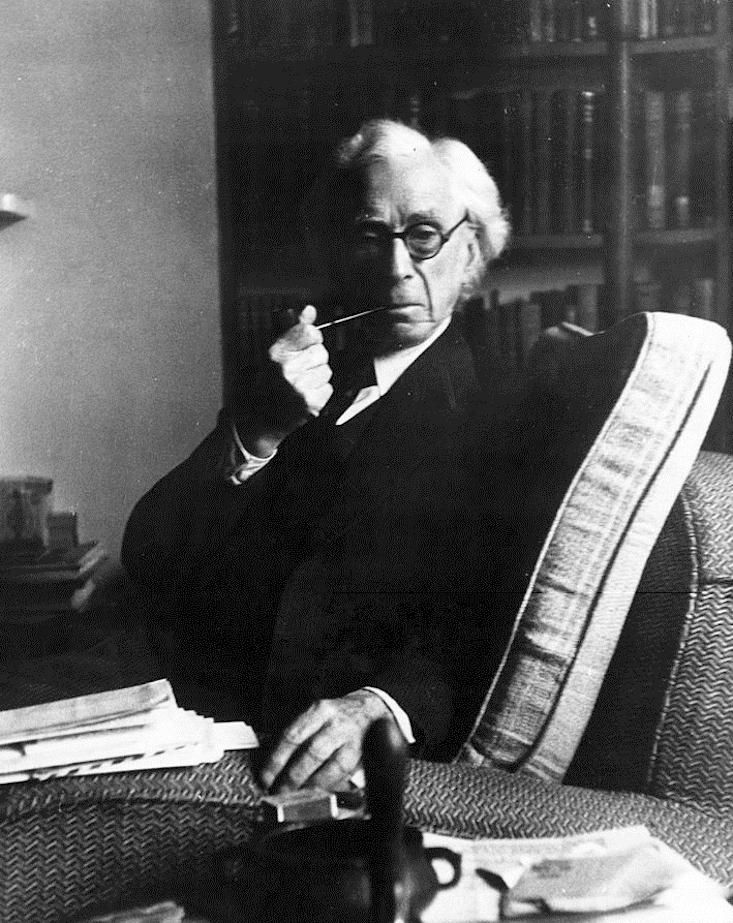Where do I sign up!? 🤪.
On this past International Holocaust Remembrance Day, I reread a bit of Bertrand Russell. In 1933, dismayed at the Nazification of Germany, the philosopher wrote “The Triumph of Stupidity,” attributing the rise of Adolf Hitler to the organized fervor of stupid and brutal people—two qualities, he noted, that “usually go together.” He went on to make one of his most famous observations, that the “fundamental cause of the trouble is that in the modern world the stupid are cocksure while the intelligent are full of doubt.”
Russell’s quip prefigured the scientific discovery of a cognitive bias—the Dunning–Kruger effect—that has been so resonant that it has penetrated popular culture, inspiring, for example, an opera song (from Harvard’s annual Ig Nobel Award Ceremony): “Some people’s own incompetence somehow gives them a stupid sense that anything they do is first rate. They think it’s great.” No surprise, then, that psychologist Joyce Ehrlinger prefaced a 2008 paper she wrote with David Dunning and Justin Kruger, among others, with Russell’s comment—the one he later made in his 1951 book, New Hopes for a Changing World: “One of the painful things about our time is that those who feel certainty are stupid, and those with any imagination and understanding are filled with doubt and indecision.” “By now,” Ehrlinger noted in that paper, “this phenomenon has been demonstrated even for everyday tasks, about which individuals have likely received substantial feedback regarding their level of knowledge and skill.” Humans have shown a tendency, in other words, to be a bit thick about even the most mundane things, like how well they drive.
Stupidity is not simply the opposite of intelligence.
